First gender equality training for the private sector held
2019-04-06GoldenBeeadmin0010
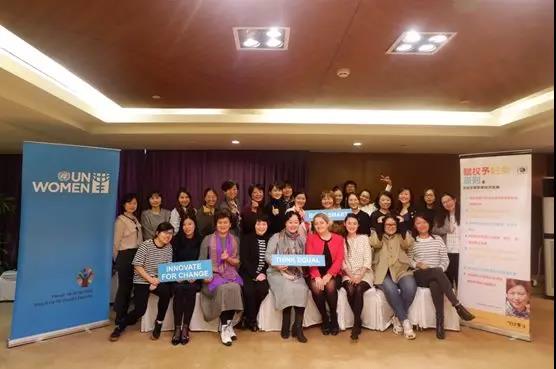
On March 20, UN Women’s first “promoting gender equality in the private sector” training was held in Beijing. Representatives from more than 30 selected enterprises participated in the pilot training.
Ms. Anna Fälth, Policy Advisor of Economic Empowerment, Head of Women’s Empowerment Principles Secretariat in UN Women Headquarters, Ms. Liu Bohong, Professor of China Women’s University, Ms. Lin Bo, Vice President of GoldenBee, and Mr. Guan Zhusun, Executive Vice President and Chief Operating Officer of GoldenBee were invited to be the lecturers of this training.
The training focuses on helping companies build their gender equality capacity and aims to help companies find ways to promote gender equality and enhance corporate responsibility competitiveness by introducing the basic concepts of gender equality and how to use the “Women's Empowerment Principles” (WEPs) and sharing cases.
What are WEPs?
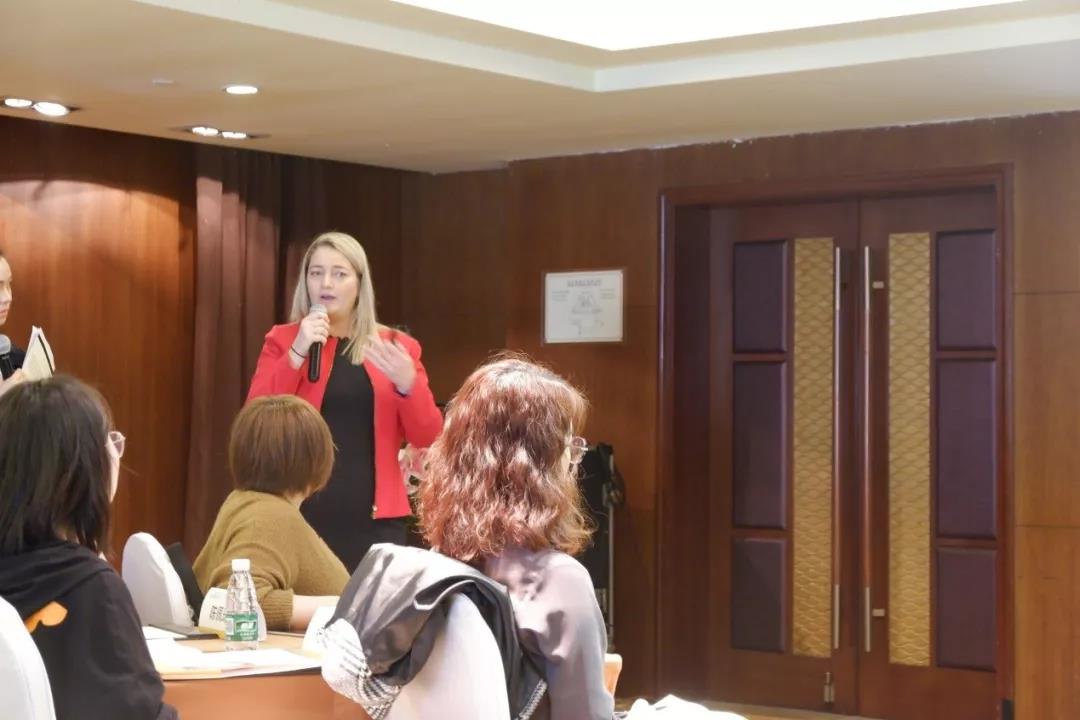
Anna Fälth introduces WEPs.
Initiated by UN Women and UN Global Compact, WEPs include seven principles and serve as an important tool to guide companies to promote gender equality from internal and external CSR strategies.
Ms. Anna Fälth introduced the background and connotation of the WEPs. She said when promoting gender equality, companies should focus on working environment issues and ensure women's rights and interests. The diversity of the working environment can improve the efficiency of employees and bring them stronger sense of belonging in the enterprises.
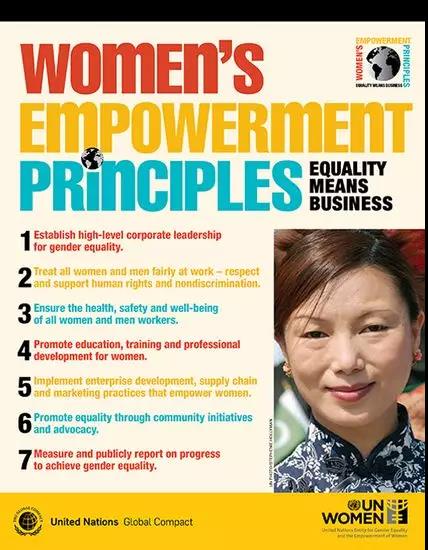
The seven principles of WEPs
What is gender equality?
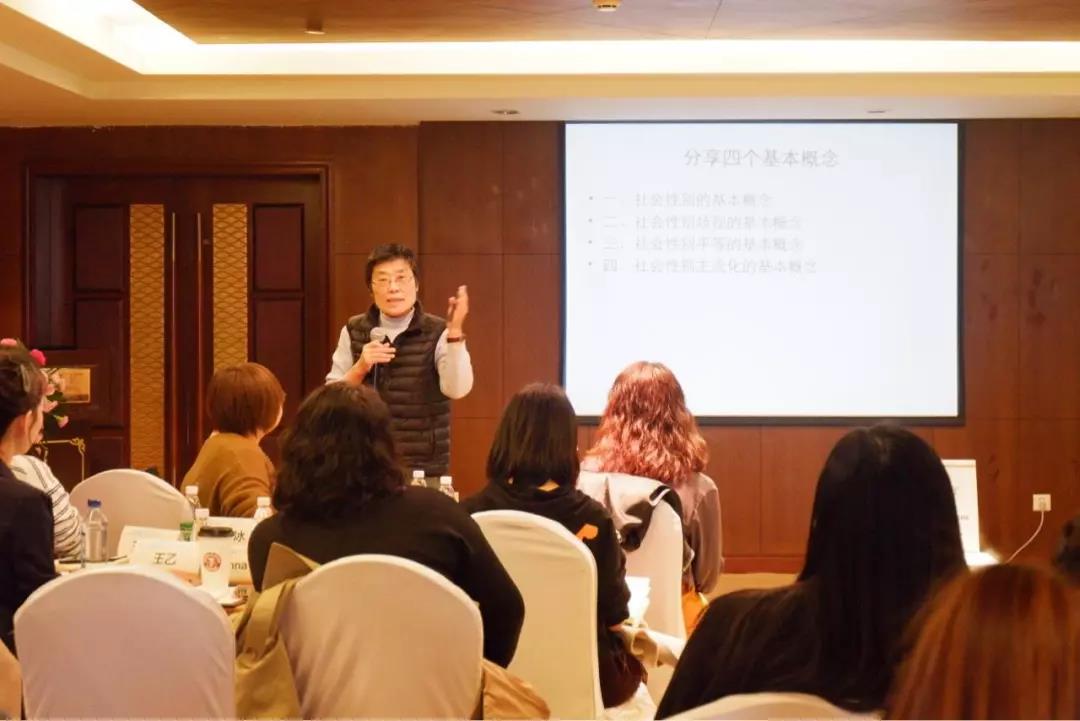
Professor Liu Bohong answers trainees’ questions.
Professor Liu Bohong started her training from identifying the four basic concepts: social gender, gender discrimination, gender equality and gender mainstreaming. In order to stimulate trainees' interest and enhance their understanding of the basic concepts, Prof. Liu combined her practices with the cases of gender equality in ancient and modern China to explain the boring concepts in a lively and interesting way.How to implement the WEPs?
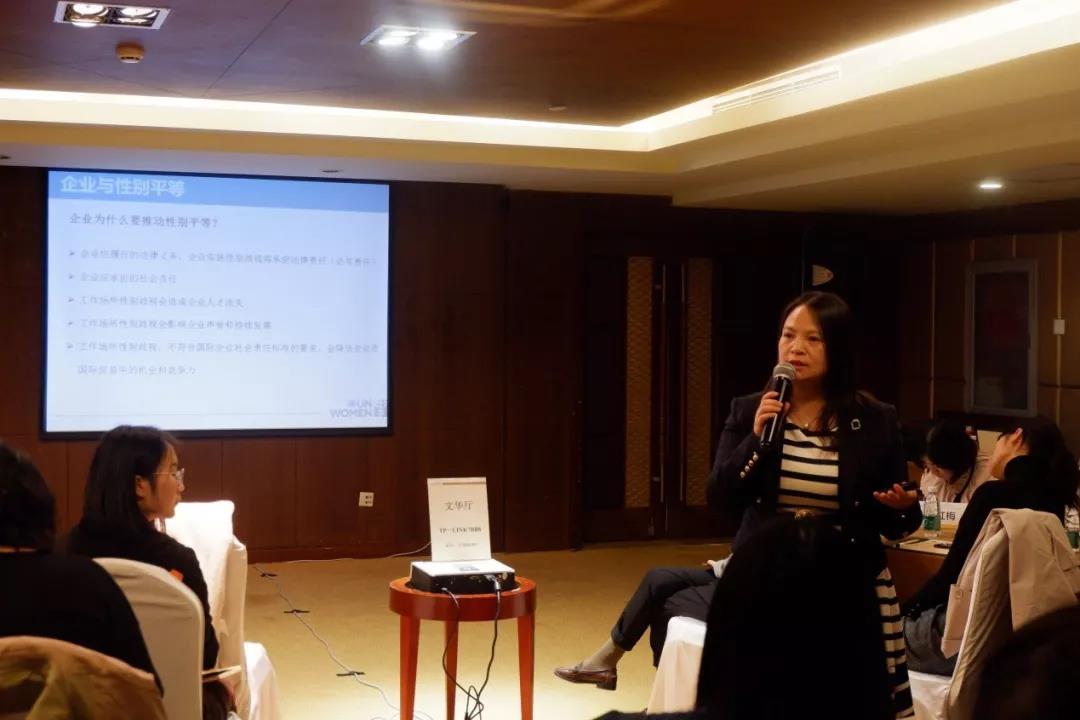
Ms. Lin Bo interacts with trainees.
Ms. Lin Bo introduced the significance of promoting gender equality in enterprises, and further explained the WEPs through cases and data, helping enterprises to carry out gender equality projects in China, so that enterprises can both improve their business and also enhance employee satisfaction.

Mr. Guan Zhusun shares business practices with trainees.
Mr. Guan Zhusun introduced the method of gender equality information disclosure, and shared GoldenBee's assessment of gender equality information disclosure by China's ICT enterprises, thus helping trainees understand how to enhance the gender-related information disclosure in the CSR reports.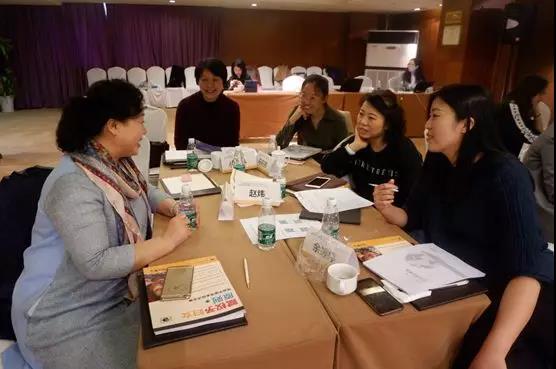

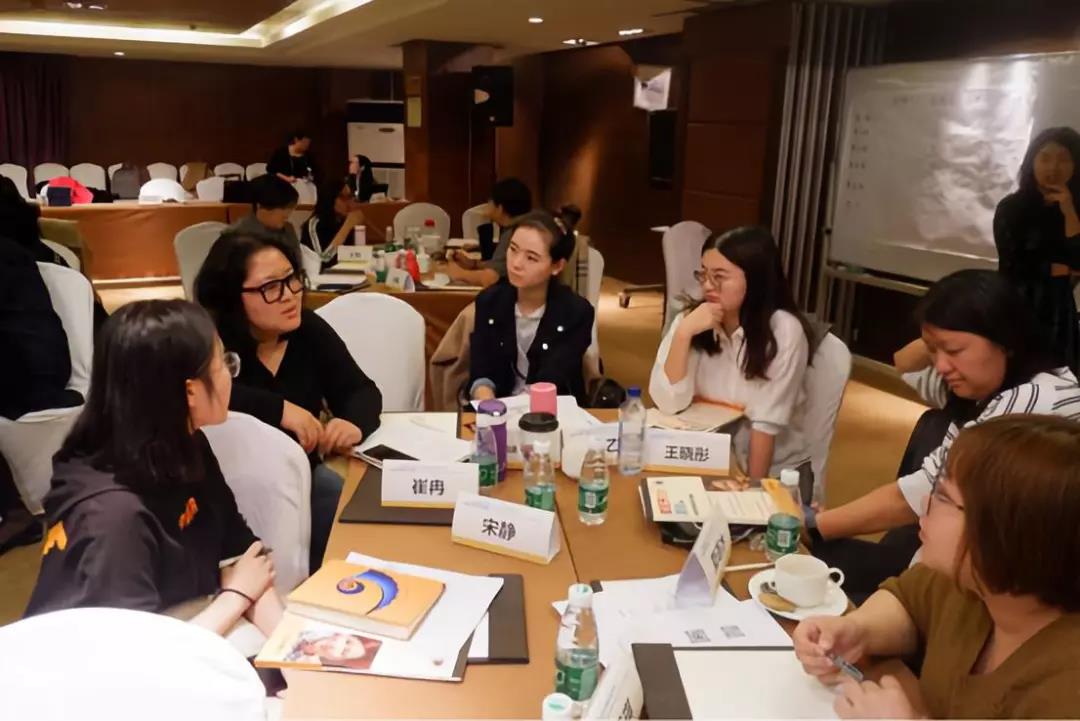
Group discussion
As one of the 17 goals of SDGs, gender equality is a prerequisite for achieving all other goals and an important part of CSR and corporate strategy. The training provides an opportunity for trainees to further recognize the importance and necessity of promoting gender equality in the private sector. During the group discussion, trainees also discussed how to design the work plan to promote gender equality in the workplace.

Anna Fälth issues certificates to trainees.
This training was organized by GoldenBee and supported by Zhaopin.com.
CEO Statement of Support

UN Women Goodwill Ambassador Emma Watson encourages CEOs to sign CEO Statement of Support in Davos World Economic Forum.
From commitment to action, more than 2,000 companies including Google, McDonald's, Zhaopin.com and Proya have passed due diligence and signed the CEO Statement of Support so far.Regardless of the industry type, business scale, and geographical distribution, as long as your company is willing to integrate gender equality and women's empowerment into your internal and external policies, please send email to unwomen.china@unwomen.org and ask for a copy of the statement. We call on CEOs to join the team and work with UN Women to help promote gender equality.
Best Practices
- The 100-year brand — Air Liquide also has a sense of juvenile
- Beijing Public Transportation Corporation: Developing green transportation to build a harmonious and livable capital
- CGN: Building a modern factory in barren deserts and developing a new win-win cooperation model along “Belt and Road”
Upcoming Event

All the materials on the site “Source: XXX (not from this site)” have been reprinted from other media. They do not imply the agreement by the site.
All the materials with “Source: CSR-China Website” are the copyright of CSR-China Website. None of them may be used in any form or by any means without permission from CSR-China Website.
GoldenBee Official WeChat
Copyright © Csr-china.net All Right Reserved.
京ICP备13041808号-3










